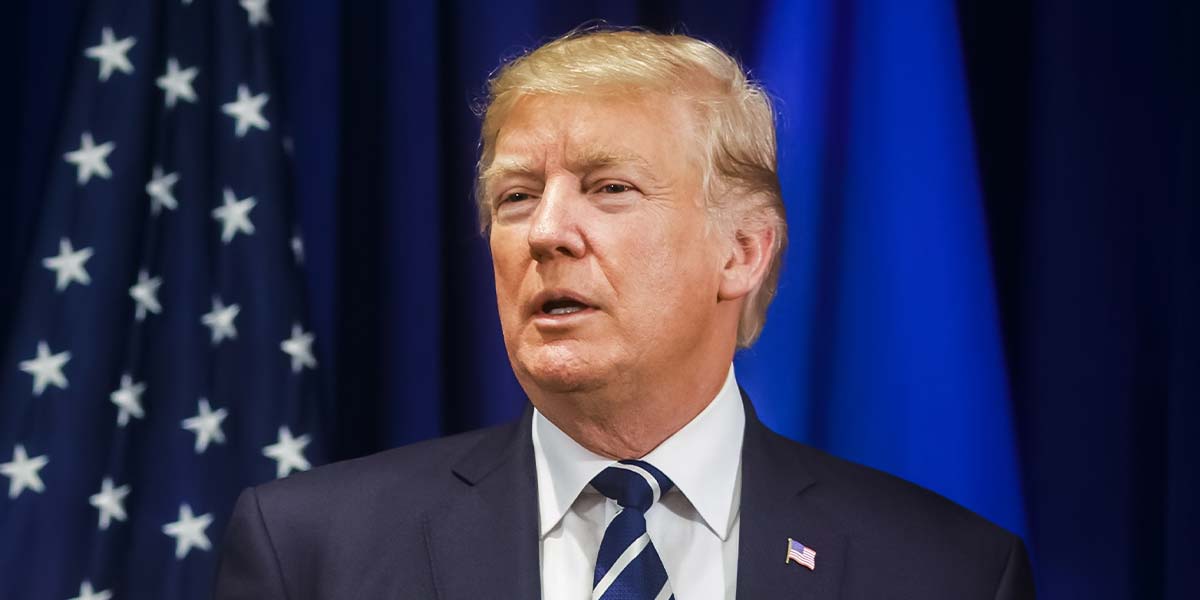The latest legislative push from the U.S. President Donald Trump is set to intensify efforts to bolster domestic semiconductor production, offering increased financial incentives for chipmakers to establish and grow advanced manufacturing operations in the United States.
Under a bill recently approved by the Senate, tax credits for semiconductor manufacturers would rise to 35%, up from the current 25%. This newly proposed incentive package outpaces earlier drafts and is designed to further lower the financial barriers associated with building and expanding chip fabrication plants on U.S. soil.
The initiative targets companies like Intel, Taiwan Semiconductor Manufacturing Company (TSMC), and Micron Technology—provided they ramp up production domestically in advance of a 2026 cut-off.
These expanded incentives come as an extension to the CHIPS and Science Act of 2022, which offered $39 billion in federal grants and $75 billion in government-backed loans to support semiconductor projects within the U.S.
The latest enhancements, however, still face a legislative hurdle: the House of Representatives must pass Trump’s broader domestic bill, which narrowly cleared the chamber in its first version. The president is pressing lawmakers to finalize the legislation by July 4.
Washington’s push to reclaim control over the world’s most critical supply chains has intensified since Trump’s first term, placing a new emphasis on self-reliance in the semiconductor sector. The effort comes amid growing concerns over geopolitical risks in Asia and ongoing competition with China, whose own chip ambitions have prompted robust U.S. policy intervention.
While Trump’s new proposal is an amplification of the Biden administration’s CHIPS Act, his wider approach departs sharply—having previously called for the CHIPS Act’s outright repeal in favor of relying on tariffs to spur domestic industry growth.
Despite internal party debate and no movement yet on dismantling the CHIPS Act, U.S. Commerce Secretary Howard Lutnick indicated the administration is actively reconsidering elements of the current grants program.
Meanwhile, Trump’s team is investigating the flow of semiconductor technology imports, a move that could presage a new wave of tariffs targeting foreign chipmakers. Such uncertainty is already fueling a sense of urgency among global semiconductor players to expand their U.S. operations, as evidenced by recent investment escalations from TSMC, Nvidia, Micron, and GlobalFoundries.





